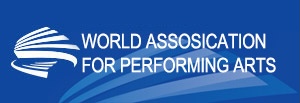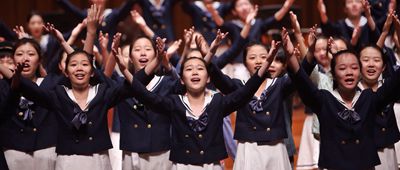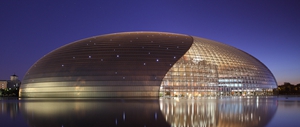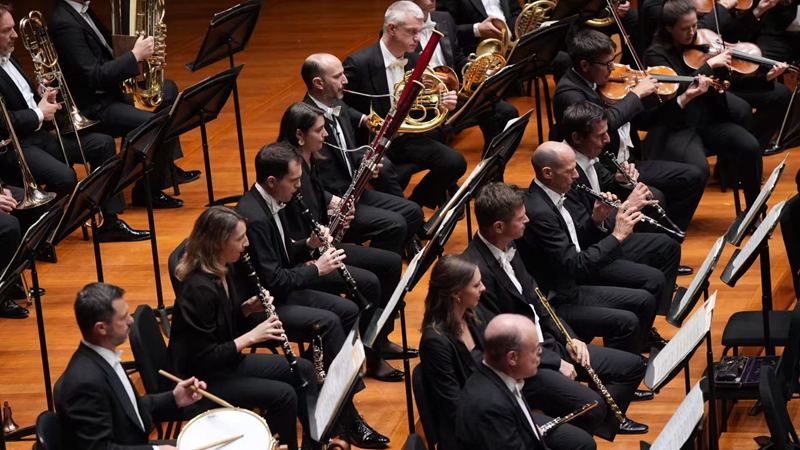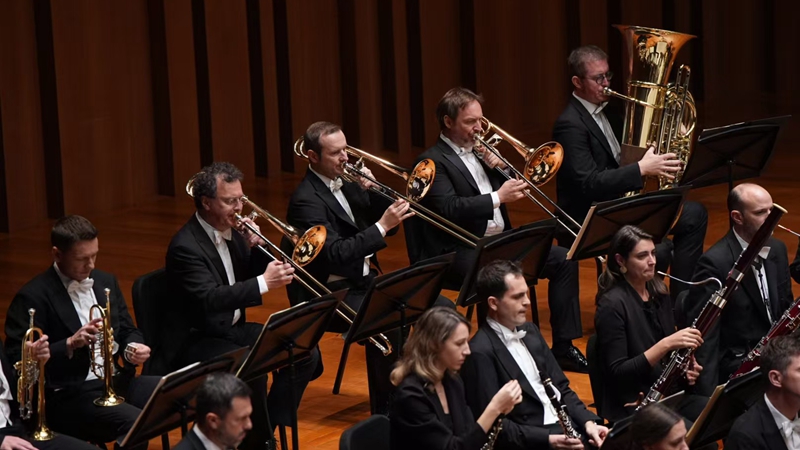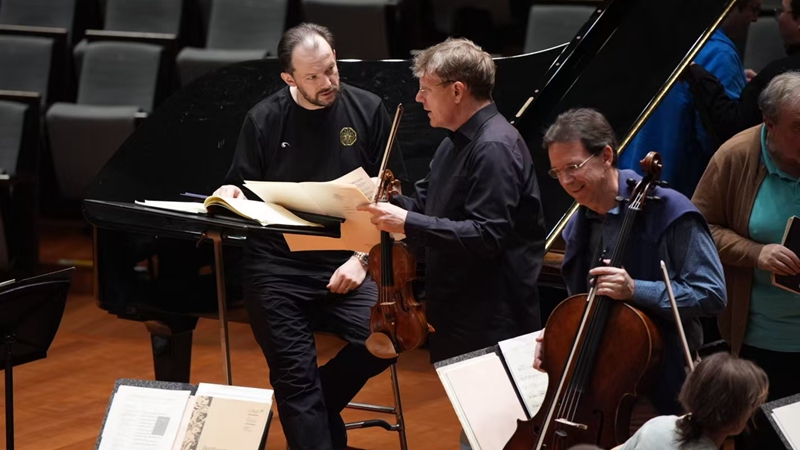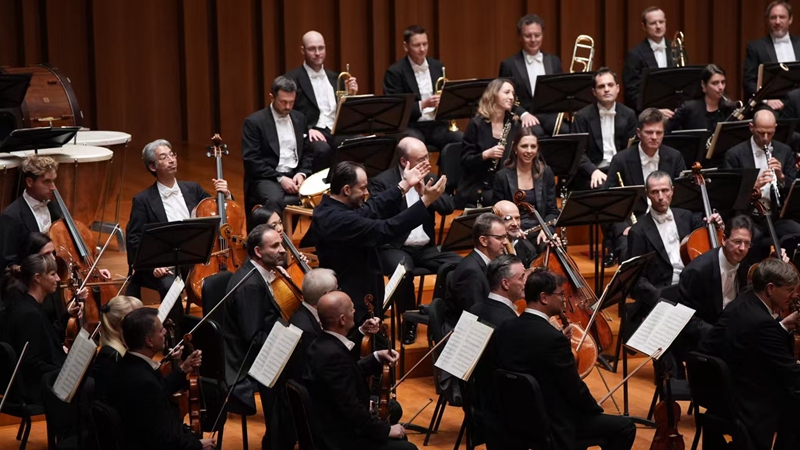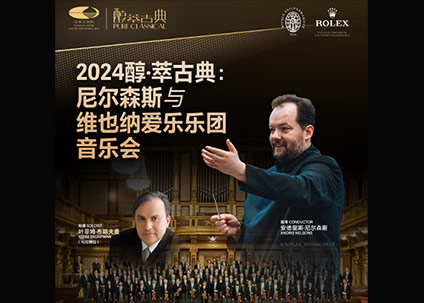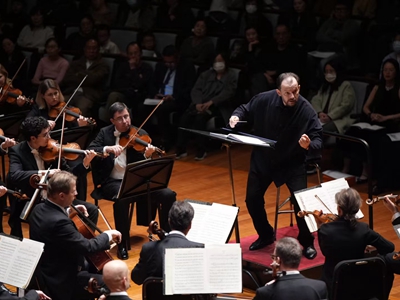On the night of October 28
th, world-renowned Wiener Philharmoniker appeared at the NCPA under the leadership of Maestro Andris Nelsons and gave a stunning performance at the NCPA Pure Classical 2024, with one more cultural event, considered one of the most-anticipated performances of the Year, presented on the classical music stage of Beijing.
As Otto Nicolai, a composer, conductor and founder of the Wiener Philharmoniker, once said that only the best orchestra performs the best works in the best way. Since its founding in 1842, the Wiener Philharmoniker has been a top classical music ensemble exalted by both insiders and outsiders for its excellent artistic quality and autonomous operating mechanism. Closely associated with the names of many art masters, such as Brahms, Bruckner, Mahler, Richard Strauss, Furtwangler, Karajan, Bernstein, Abbado, etc., the Orchestra has otherwise gained a persistent and extensive public influence by broadcasting the Vienna New Year’s Concert and Sommernachtskonzert Schönbrun worldwide.
That night, under Latvian maestro Andris Nelsons’ baton, the Wiener Philharmoniker played Shostakovich’s Symphony No. 9 in E-flat Major first. Finished in 1945, the work is not only alive with something positive and optimistic that represents the joy at the Allies’ victory of the Second World War, but also out of line with the mental expectation for something profound, magnificent and solemn that finds expression in Beethoven’s Symphony No. 9. Nelsons, who became Music Director of Boston Symphony in 2015 and then released a number of international award-winning albums featuring Shostakovich Complete Symphonies, is recognised as one of the leading contemporary artists in interpreting Shostakovich’s music. Under his calm leadership, the Wiener Philharmoniker, including artists in different positions, has meticulously developed a unique aesthetic sense blended with the classical structure and twentieth-century musical language. Everything created by the composer, including concise brush strokes and complex feelings, is expressed incisively and vividly in the light and smart string music, bright and playful woodwind music, quiet and thoughtful largo, and gentle, continuous allegro.
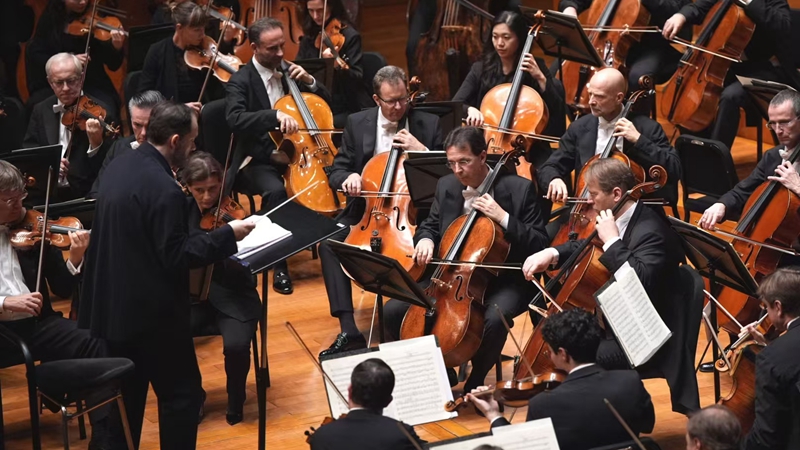
In the second half of the concert, Nelsons and the Wiener Philharmoniker gave a virtuoso interpretation of Czech master musician Dvořák’s Symphony No. 7 in D Minor, a piece that is heard less frequently than the composer’s well-known Symphony No. 9 in E Minor
“From The New World” and his Symphony No. 8 in G Major, which is of the Bohemian pastoral style. Mostly inspired by Dvořák’s “talent-spotter”, Germany master musician Brahms’ Symphony No. 3 in F Major, this work unfolds around a solemn and tragic theme in a rigorous and logical manner. It is worth mentioning that it was the Wiener Philharmoniker which premiered Brahms’ works at a concert Dvořák attended in Vienna in 1883.
Interpreted in detail by Nelsons and the Wiener Philharmoniker, the primary theme of Movement I, “Struggle in Unrest”, appears to be in a sharp contrast to the secondary theme, “Pleasure in Bright Mood”. The melody becomes more stereo in several exciting episode themes amidst the holistically peaceful atmosphere of Movement II. With the Wiener Philharmoniker acting in perfect unison, Movement III, which is most typical of nationalist music, has its stress-timed rhythm change sophisticatedly in an amazing way, so that Dvořák’s faithful passion for the inner rhythm of dancing music, shown in his masterpieces including Slawischer Tanz, is perfectly reproduced. The last movement and first movement echo each other at a distance in terms of structure, with a gloomy theme and a melodious theme appearing alternately, intertwined together. The brass musicians of the Wiener Philharmoniker blew the major key spectacularly in unison, sounding as if sunlight were shining through dark clouds, putting a soul-stirring end to the performance.
In response to prolonged and warm cheers and applause from the audience, Nelsons and the Wiener Philharmoniker gave encores including Josef Strauss’
My Life, Love and Delight (Waltz) and Johann Strauss II’s
Tritsch-Tratsch, Polka schnell. Processed by the Wiener Philharmoniker at its signature and unequalled tempo, the most authentic Viennese waltz was conveyed to the NCPA audience.
Prior to the start of that night’s performance, Nelsons and the Wiener Philharmoniker held a public rehearsal in front of the boys and girls from the Beijing Golden Sail Choir. The artists polished every work meticulously, sowing the seed of passion for music in each teenager present.
Violinist Daniel Froschau, Chairman of the Wiener Philharmoniker, and double bassist Michael Bladerer, General Manager of the Wiener Philharmoniker, were interviewed by media at the NCPA. The two artists talked in detail about the close relationship between the orchestra and four composers whose works would be performed for two nights at the NCPA. With great delight, they spoke highly of the fast-developing Chinese classical music and the teen audience’s increase in number, as well as the construction and prosperity of theatres around China. When it came to his memories and feelings about the NCPA, Mr. Froschau said that this splendid building gives him and every other member of the Wiener Philharmoniker a sense of belonging, and they feel at home when playing music here.
On the night of October 29th, the “Voice of Vienna” will bloom on the NCPA stage. Pianist Yefim Bronfman will join the Wiener Philharmoniker to perform Beethoven’s Piano Concerto No. 3 in C Minor under Nelsons’ baton. And Ein Heldenleben, a great symphonic poem by Richard Strauss, a German-Austrian master in the late Romantic Period with this year marking the 160th anniversary of his birth, will also be stunningly rendered.
As the NCPA Pure Classical 2024 lasts from October 17th to December 19th, 14 groups of artists will give 23 classical music performances featuring magnificent symphonies, colourful solos and excellent chamber music. The NCPA and Beijing Performing Arts Centre will jointly be graced by the presence of “top” contemporary classical musicians. The Philadelphia Orchestra, Munich Philharmonic and MusicAeterna Orchestra will also take the stage after virtuoso performances are given by Gergiev and the Mariinsky Orchestra, violinist Renaud Capuçon, violinist Lorenz Nasturica-Herschcowici, Nelsons and the Wiener Philharmoniker, etc.
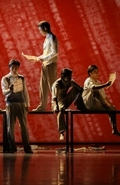 Repertoire
Repertoire
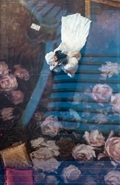 Films
Films
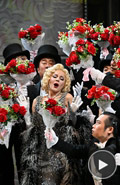 Videos
Videos
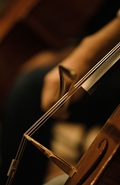 Podcast
Podcast
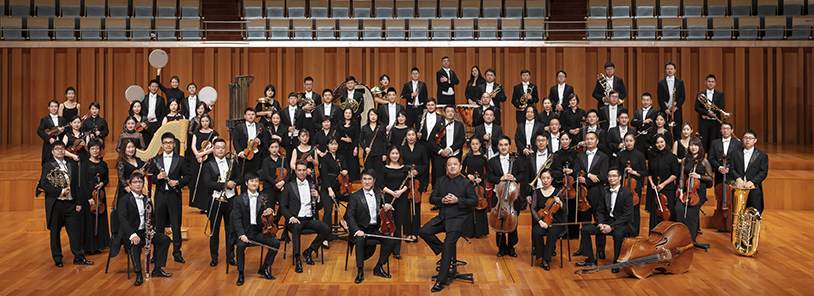 China NCPA Orchestra
China NCPA Orchestra
 China NCPA Chorus
China NCPA Chorus
 NCPA Resident Singers
NCPA Resident Singers
 NCPA Drama Ensemble
NCPA Drama Ensemble
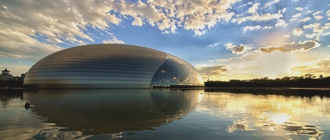 Buildings
Exhibitions
Buildings
Exhibitions
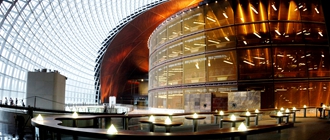 Opening Hours
Guided Tours
Services
Getting Here
Opening Hours
Guided Tours
Services
Getting Here
 Western Cuisine
NCPA Café
Arts Gifts
Western Cuisine
NCPA Café
Arts Gifts







